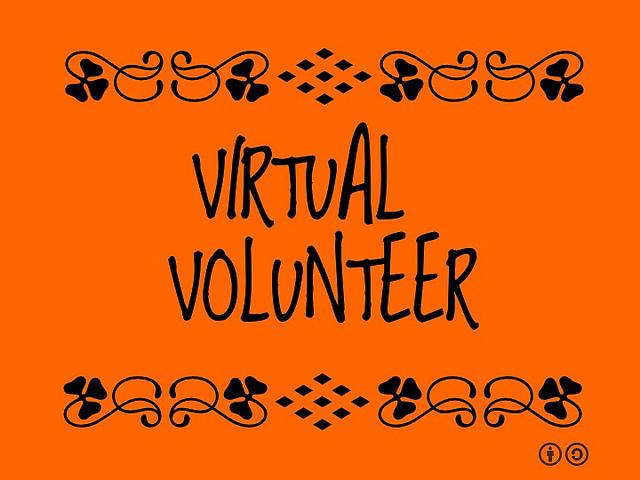
Say “volunteering” and most people think about spending time at the local elementary school or soup kitchen. But if volunteering is service to the community, what about other acts like school-based mandatory service learning, donating time through employer-based programs, or even posting online reviews? How are these activities similar to and different from more traditional forms of volunteering? UMN Psychology Professor Mark Snyder studies these “hybrid” activities to identify the motivational features they share with traditional volunteering.
Dr. Snyder finds hybrid activities interesting because they look somewhat, but not exactly, like volunteering. For example, one might take care of a sick family member by doing exactly the same things a volunteer would do but without completely free choice or advance planning. Or, one might participate in AmeriCorps, which is full-time and paid but still dedicated to community service. “When you relax the boundaries, moving beyond pure cases to cases with some but not all of the features of volunteering,” asks Dr. Snyder, “do volunteering features rise to the top?”
Through his research, Dr. Snyder has found that some predictors of volunteering also predict participation in hybrid activities. These include reasons for wanting to participate, personality attributes that form a “prosocial personality”—relatively high interest in helping others, serving humanity, sharing what one has, and giving to others—and a history of previous volunteering (which also predicts higher satisfaction with AmeriCorps). Offline volunteering also predicts online volunteer-like activities. A next step would be to find the limits on what volunteering and hybrid activities have in common. For example, people use different language to describe hybrid activities: AmeriCorps participants are called “members,” not “volunteers,” and online reviewers do not use the term “volunteer” to refer to what they do. Similarly, people do not mention online review writing when asked about “volunteering.” Dr. Snyder sees potential for future research on what drives the choice to call or not call something volunteering and how these labels relate to people’s identities as volunteers.
Where would Dr. Snyder like to go next with the research on hybrid activities? He is interested in how professions integrate volunteering with their work. Pro bono in the legal profession (where lawyers provide free services to low-income clients) is one of the most highly developed integrations of this sort. Other professions, like medicine, do not have anything like a formal pro bono program, but doctors clearly do take care of low-income patients and also donate their time to organizations like Doctors Without Borders. Understanding how professions adopt policies like pro bono, and how those policies affect employees’ professional and social identities and relationships, are questions Dr. Snyder sees as ripe for future research.
Photo Credit: Ron Mader, Flickr CC

